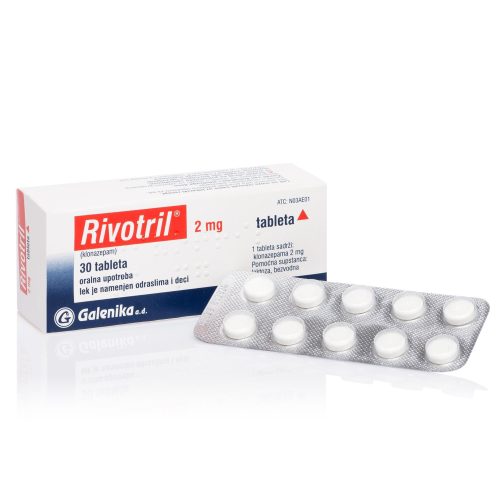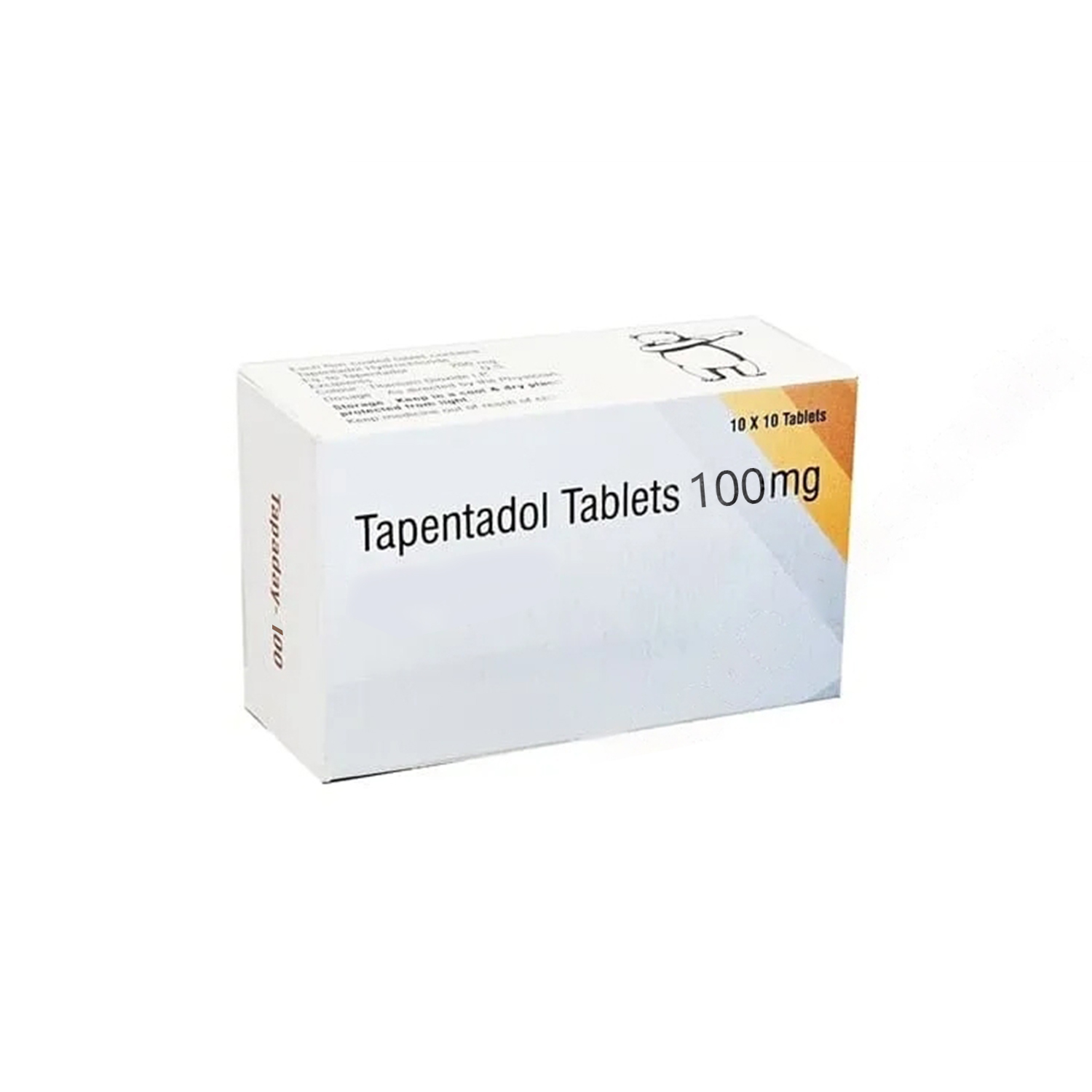Description
Introduction
In today’s fast-paced world, many people struggle with insomnia, sleeplessness, and anxiety. These conditions can drastically reduce your quality of life. If you’ve been seeking a medication to help manage these issues, you may have come across Gabapentin(Buy Gabapentin Online). Initially designed for treating seizures, Gabapentin has found a broader application in treating conditions like anxiety, insomnia, and sleeplessness.
In this blog, we’ll dive deep into how Gabapentin works, its benefits for sleep and anxiety, and its side effects, as well as tips on using it safely.
What is Gabapentin?
Overview of Gabapentin
Gabapentin is an anticonvulsant medication commonly used to manage seizures and nerve pain. In recent years, its application has expanded to include treating anxiety and sleep disorders, particularly insomnia and sleeplessness. Its calming effects on the nervous system make it an effective option for those struggling to sleep or manage persistent anxiety.
How Gabapentin Works
While Gabapentin was not initially created to target insomnia or anxiety, it works by influencing neurotransmitters in the brain, particularly gamma-aminobutyric acid (GABA). By modulating the activity of nerve cells, Gabapentin helps reduce the overactivity in the brain that often contributes to sleeplessness and anxiety. Its calming effects help the body transition into a more relaxed state, which can promote better sleep and ease feelings of anxiety.
Gabapentin for Insomnia and Sleeplessness
Understanding Insomnia and Sleeplessness
Insomnia is a condition where individuals struggle to fall asleep, stay asleep, or wake up too early without being able to return to sleep. Sleeplessness, on the other hand, refers to the general inability to achieve restful sleep, which may or may not be tied to a formal diagnosis of insomnia. Both conditions can lead to daytime fatigue, mood swings, and decreased productivity.
How Gabapentin Helps with Insomnia
While Gabapentin is not a first-line treatment for insomnia, it can be highly effective for those whose sleep issues stem from anxiety or chronic pain. By calming the nervous system, Gabapentin helps reduce the overactive brain patterns that make it difficult to fall and stay asleep. People with insomnia often report that Gabapentin allows them to fall asleep faster and enjoy longer, uninterrupted sleep.
Gabapentin and Sleeplessness
For those suffering from general sleeplessness, often caused by stress or chronic discomfort, Gabapentin can help relax the body and mind, making it easier to drift off into a restful sleep. Its effects may also help reduce the number of awakenings during the night, leading to a more restful sleep cycle.
Gabapentin for Anxiety
The Relationship Between Anxiety and Sleep
Anxiety is a common mental health condition characterized by excessive worry, fear, or nervousness. It often disrupts sleep, contributing to both insomnia and sleeplessness. People with anxiety may find it hard to quiet their minds, making it difficult to relax enough to sleep.
How Gabapentin Helps with Anxiety
Gabapentin has shown effectiveness in managing anxiety, especially in individuals where anxiety is linked to other conditions like chronic pain or post-traumatic stress disorder (PTSD). By calming the overactive nerves in the brain, Gabapentin helps reduce both the physical and mental symptoms of anxiety. Over time, this calming effect can also help restore normal sleep patterns, improving both anxiety and sleeplessness.
Dosage and Usage of Gabapentin for Insomnia, Sleeplessness, and Anxiety
Typical Dosage for Anxiety and Sleep Disorders
The recommended dosage of Gabapentin for conditions like insomnia, sleeplessness, and anxiety depends on the individual. Typically, for sleep issues or anxiety management, doctors may prescribe anywhere from 300 mg to 600 mg per day, often divided into two or three doses. Your healthcare provider will adjust the dosage based on your needs and how your body responds to the medication.
Timing of Doses
When Gabapentin is prescribed for sleep disorders, it’s usually taken in the evening. Taking Gabapentin around 30 to 60 minutes before bedtime can help facilitate better sleep by calming the nervous system, making it easier to fall asleep and stay asleep throughout the night.
Side Effects of Gabapentin
Common Side Effects
Like all medications, Gabapentin can cause side effects. Common side effects include:
- Drowsiness
- Dizziness
- Fatigue
- Dry mouth
These side effects tend to be mild and often improve as your body gets used to the medication. If side effects persist or worsen, consult your doctor for guidance.
Serious Side Effects
In rare cases, Gabapentin can lead to more serious side effects, such as:
- Mood changes or depression
- Difficulty breathing
- Severe dizziness
If you experience any severe symptoms, seek medical attention immediately.
Gabapentin vs. Other Treatments for Insomnia, Sleeplessness, and Anxiety
Gabapentin vs. Benzodiazepines
While both Gabapentin and benzodiazepines (such as Valium or Xanax) are used to treat anxiety and insomnia, Gabapentin carries a lower risk of dependence. Benzodiazepines are often associated with the risk of addiction, making Gabapentin a safer long-term option for managing anxiety and sleeplessness.
Gabapentin vs. Antidepressants
Antidepressants, especially selective serotonin reuptake inhibitors (SSRIs), are another option for treating anxiety and sleeplessness. While antidepressants work by increasing serotonin levels, Gabapentin has a different mechanism, primarily acting on the nervous system to calm hyperactive nerves. Some patients respond better to Gabapentin, especially those whose insomnia is tied to anxiety or chronic pain.
Combining Gabapentin with Other Therapies
Cognitive-Behavioral Therapy (CBT)
Cognitive-behavioral therapy (CBT) is highly effective for treating both anxiety and insomnia. By working on changing thought patterns and behaviors that contribute to anxiety and sleeplessness, CBT helps address the root causes of these issues. Gabapentin(Buy Gabapentin Online) can be used alongside CBT to provide immediate relief from symptoms while long-term coping strategies are developed.
Relaxation Techniques and Good Sleep Hygiene
Incorporating relaxation techniques such as mindfulness, meditation, and progressive muscle relaxation can complement Gabapentin’s calming effects. Additionally, practicing good sleep hygiene—maintaining a consistent bedtime routine, avoiding caffeine late in the day, and reducing screen time before bed—can improve sleep quality.
Long-Term Use and Considerations
Potential for Dependence
While Gabapentin has a lower risk of dependence compared to other medications like benzodiazepines, it’s still essential to follow your doctor’s guidance when taking it. If you need to stop using Gabapentin, your doctor will likely recommend tapering off the medication gradually to avoid withdrawal symptoms.
Monitoring and Adjusting Treatment
Regular consultations with your healthcare provider are crucial when using Gabapentin for insomnia, sleeplessness, or anxiety. Over time, your treatment plan may need adjustments to maintain effectiveness and minimize side effects.(Buy Gabapentin Online)
Conclusion
Gabapentin is an effective medication for managing insomnia, sleeplessness, and anxiety, especially when these conditions are tied to chronic pain or nervous system overactivity. While not a first-line treatment, its ability to calm nerve activity and promote better sleep makes it a valuable option for many people. By combining Gabapentin with other therapies, such as CBT, relaxation techniques, and good sleep hygiene, you can improve your overall well-being and achieve more restful sleep.(Buy Gabapentin Online)
If you’re considering Gabapentin for anxiety, insomnia, or sleeplessness, consult your healthcare provider to determine the right approach for your needs.







Reviews
There are no reviews yet.